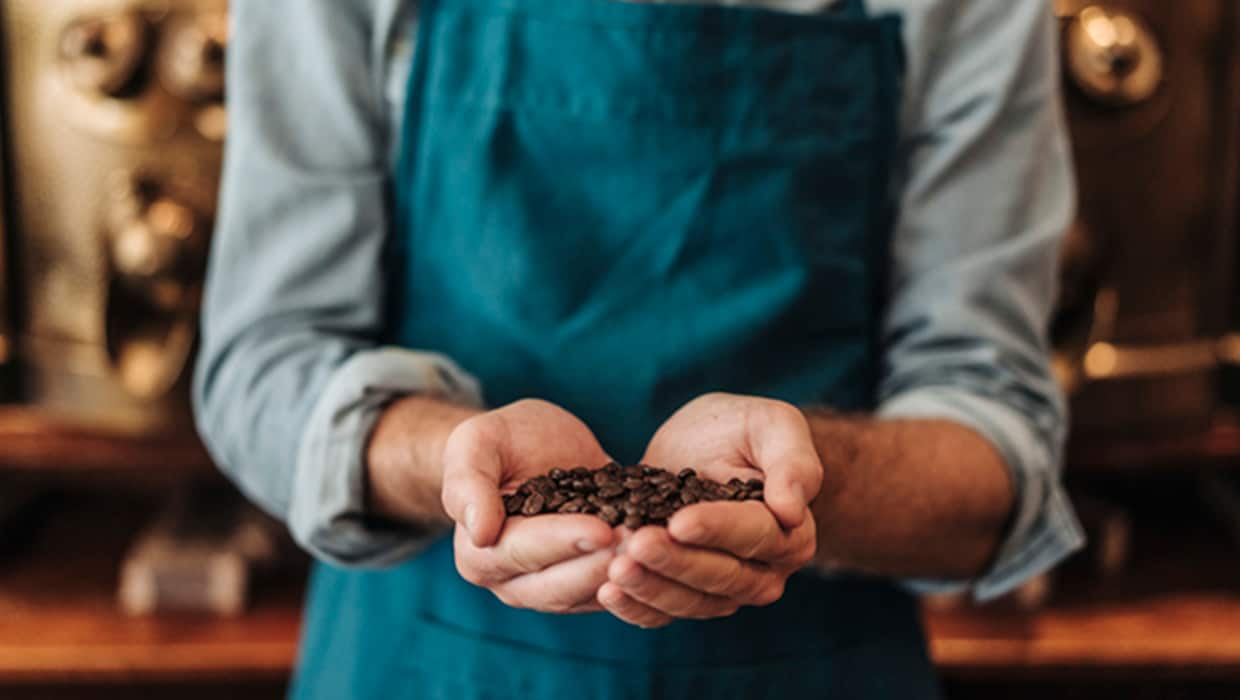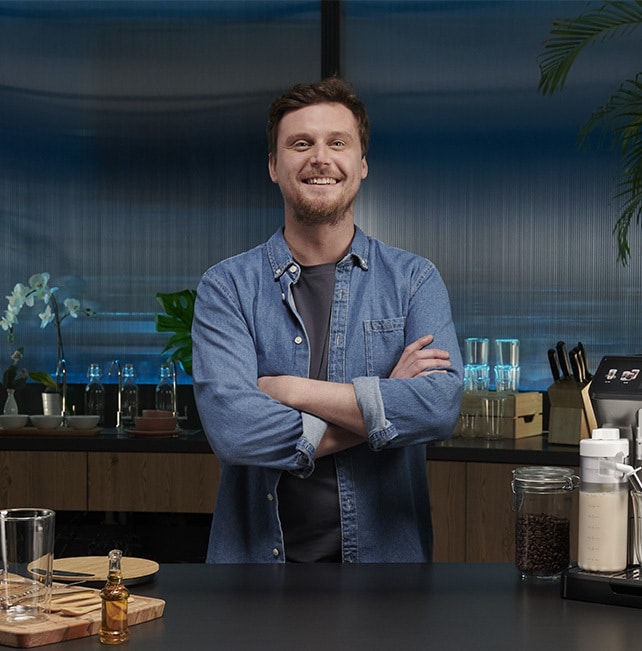
Trends & Lifestyle
Coffee, part and parcel of the French tradition.
Even those who have yet to travel to the country know that whiling an afternoon away at a French cafe is compulsory when visiting. Unsurprisingly, France’s coffee culture roots run deep back to the 17th century, to be precise.
Over time, cafes became the backdrop for cultural movements like the Enlightenment. In addition, coffee culture remained just as prevalent during the country’s most turbulent years as it does today. According to three of the main French roasters, the scene has since evolved to embrace New World customs.
Coffee didn’t become mainstream in the U.S. and Australia until the 20th century, yet these countries pioneered a quality-over-quantity approach currently emulated worldwide, including France. Today, the French have begun sourcing their beans more seriously while giving extra thought to the entire coffee-making process.
“The coffee culture in France is complex,” says Antoine Vayson de Pradenne of Kawa Coffee, a well-known Paris-based roaster famous beyond Europe. Though the dominant old-style café influenced by Italy and Robusta still exists, a small but qualitative specialty coffee showing has emerged.
He indicates that compared to London, Berlin, and Amsterdam, Paris was late to the specialty coffee scene, which has only gained momentum over the last four years. Once the French started drawing comparisons between coffee and wine, they changed their approach. Despite the delay, he considers the French capital a top European destination for “coffee geeks.”
Since 1930, Paris-based Cafés Pfaff roastery has been selecting and roasting coffee for three generations. Sales director Joris Pfaff takes an academic approach, classifying the last century into four main stages: the 1930s, characterized by Robusta from the colonies; the mass-produced supermarket products of the 1960s; the rise of single-use capsules in the 1990s; and the arrival of specialty coffee in the 2010s. “Over the past 20 years, we have changed how we buy coffee,” he adds, stressing that it’s no longer enough for coffee to be good. Today, his team wants to know the producers, their social visions, and their commitment to more sustainable agriculture. If the coffee is good, but they disagree with some of the producer’s practices, they look elsewhere. And it’s not only a matter of taste—these habits, which apply to the coffee chain’s varied sectors, benefit the environment in the long run. Yet, it isn’t just about the present—coffee lovers must consider the future, so sustainability influences France’s contemporary coffee scene.
A pioneer of specialty coffee in France, Terres de Café sources high-end coffees worldwide and supports the emergence of a sustainable coffee industry by favouring the purchase of forest coffees. Founder and president Christophe Servell also stresses the urgency of changing how suppliers purchase coffee from their countries of production, citing how climate change will reduce production by 50% over the next 25 years.
Furthermore, the average age of coffee producers is 55, and the next generation doesn’t want to produce coffee due to inadequate pay for the demanding workload. Therefore, he believes that supporting sustainable farms is critical: paying higher prices for good sustainable products can help nurture a new generation of passionate farmers.
“The elders had it all figured out,” states Pfaff, indicating that today’s coffee lovers should exercise some of the previous generation’s customs. In his grandfather’s time, customers bought beans to grind at home before making coffee. “They consumed better, more economical coffee while producing less waste! This is true sustainability in the world of coffee.”
He believes that moving forward, the French, and coffee lovers in general, shouldn’t disregard the future.” Ninety years later, our consumption must regain meaning and logic. We can no longer accept products that are too energy-intensive with a catastrophic carbon footprint just to make a cup of coffee!” he says.
Anyone can start practising sustainability at home today to help set the stage for the next generation of coffee lovers. To get started, Antoine from Kawa Coffee shares some relatively simple advice: use beans. This environmentally friendly practice also impacts the flavour: “freshly ground beans just taste fresher.”




Testo vario
Join us
Policies
Support